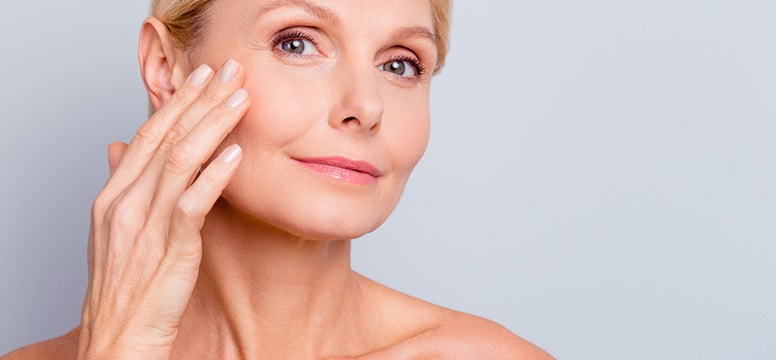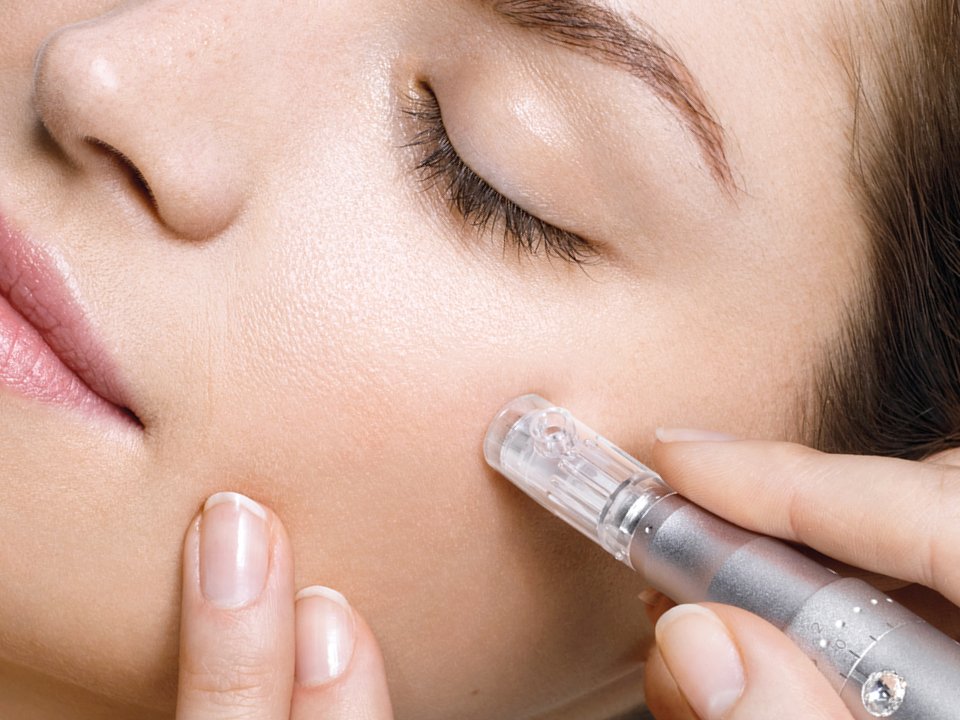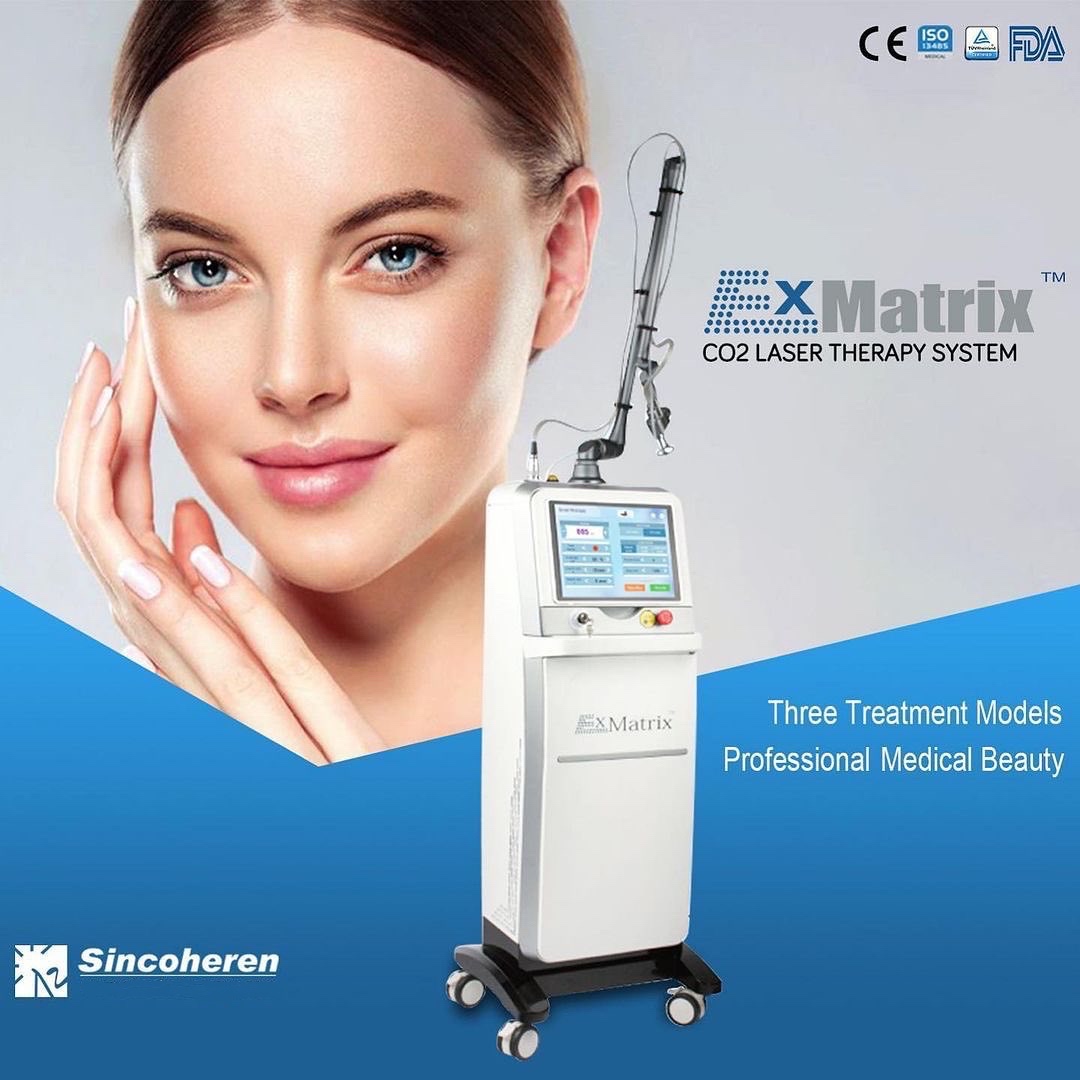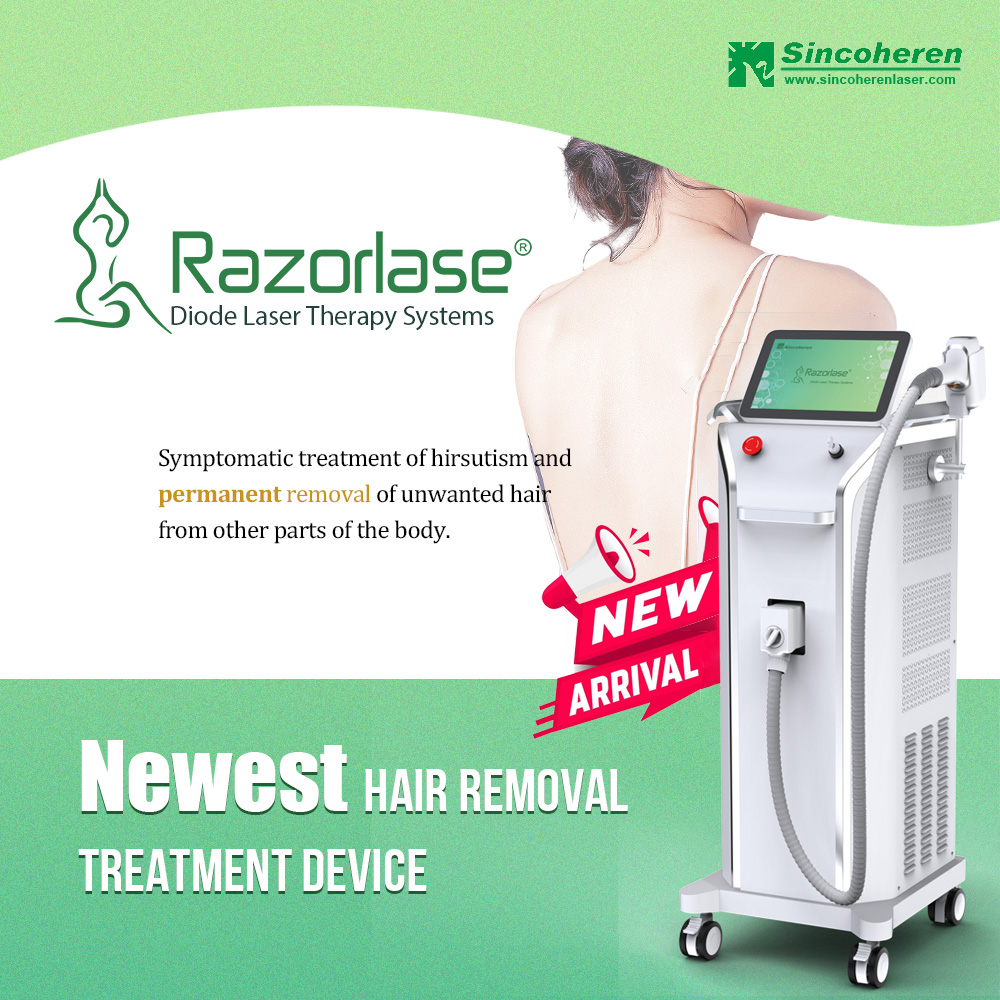What I Wish I'd Known Before I Tried Microneedling
Before we go any further, let me just put this out there: You can bunch me in the "down for anything" classification when we're talking excellence. I'll essentially attempt whatever—particularly assuming that the supposed advantages help one of my many skin concerns. At the first spot on my list is skin break out scars. These little checks chose to spread the word about their quality in my life when I was 23. I've been managing them from that point forward and am down to attempt each blurring, lighting up, and easing up treatment under the sun. So subsequent to hearing incalculable recognition for microneedling, I needed to get the wicked good for myself.

As indicated by one review, right around 100% of microneedling members announced an observable distinction and huge improvement in the presence of their skin break out scars after a treatment. This strong truth was all I expected to say, "OK." So I quickly reserved my arrangement for an in-office microneedling treatment.
Included VIDEO
Do-It-Yourself Clay Mask Recipes For Glowing Skin
Could it be said that you are however inquisitive as I seemed to be tied in with microneedling? Ahead, board-affirmed dermatologists Dr. Bruce Katz and Dr. Sejal Shah disclose all that you want to know about microneedling, the advantages, and their musings on at-home versus in-office medicines.
What Is Microneedling?
"Microneedling is a restorative methodology that utilizes a gadget with exceptionally dainty, sharp needle tips to make penetrates on the skin," says Dr. Katz. "The usefulness behind microneedling is that once the body feels the little pricks, it attempts to mend those cuts, bringing about a revived look; the cuts are just surface-level, so the torment is negligible." This cycle attempts to restore your skin by helping collagen creation, which thus diminishes the presence of kinks and scarcely discernible differences and hoists the general surface of your skin.

The specific microneedling treatment I went through was finished with a device called the Vivace, a type of radiofrequency microneedling. "What invigorated me about the Vivace was, obviously, the blend of radiofrequency and microneedling, yet more so how definitively, neatly, and profoundly it could convey both. At long last, you include blue and red LED, and you have a trifecta of modalities to treat numerous skin concerns," clarifies Lubin. "Doctors can choose the specific profundity best for every tolerant's skin type and condition and utilize mechanical accuracy conveyance to dive as deep as 3.5 millimeters at 0.1-millimeter augments—no other gadget can." Blue light is useful for the people who experience the ill effects of skin inflammation, as the light and hotness target microorganisms that cause breakouts.




































